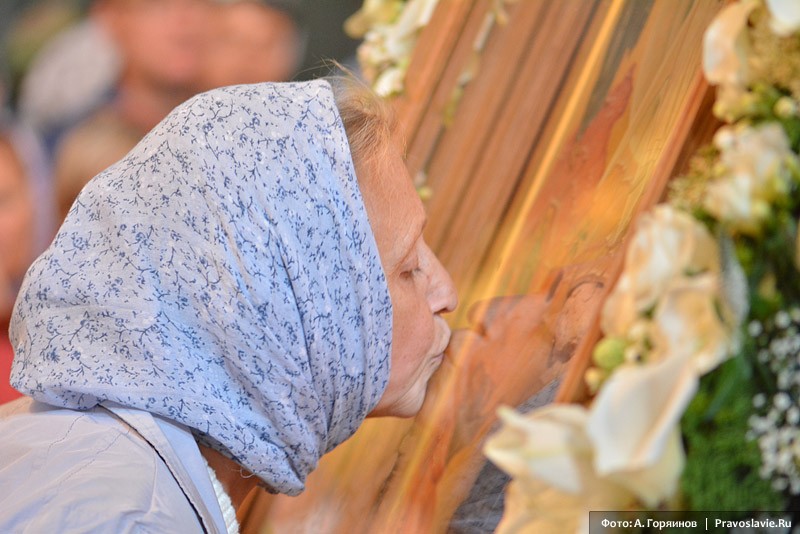Bite sized #Russian Orthodox Catechism adapted from “The mystery of faith” by Bishop Hilarion Alfeyev.
INTRODUCTION: DOGMA & SPIRITUALITY
 In our day there is a widely held view that religious dogmas are not compulsory but secondary: even if they still have a certain historical value, they are no longer vital for Christians. Moral and social agendas have become the main concern of many Christian communities, while theological issues are often neglected. The dissociation of dogma and morality, however, contradicts the very nature of religious life, which presupposes that faith should always be confirmed by deeds, and vice versa. Emphasizing this, St James said: ‘Faith apart from works is dead’ (James 2:26). St Paul, on the other hand, claimed that ‘a man is justified by faith apart from works of law’ (Rom.3:28). Under the ‘works of law’ he meant the Old Testament rites and sacrifices which were no longer necessary after Christ’s sacrifice for the life of the world. Good deeds are necessary and essential, yet when separated from faith they do not in themselves save the human person: one is justified by faith, but a faith which is accompanied by moral life.
In our day there is a widely held view that religious dogmas are not compulsory but secondary: even if they still have a certain historical value, they are no longer vital for Christians. Moral and social agendas have become the main concern of many Christian communities, while theological issues are often neglected. The dissociation of dogma and morality, however, contradicts the very nature of religious life, which presupposes that faith should always be confirmed by deeds, and vice versa. Emphasizing this, St James said: ‘Faith apart from works is dead’ (James 2:26). St Paul, on the other hand, claimed that ‘a man is justified by faith apart from works of law’ (Rom.3:28). Under the ‘works of law’ he meant the Old Testament rites and sacrifices which were no longer necessary after Christ’s sacrifice for the life of the world. Good deeds are necessary and essential, yet when separated from faith they do not in themselves save the human person: one is justified by faith, but a faith which is accompanied by moral life.
No less alien to Christianity is the dissociation of dogma and mysticism, or doctrine and spirituality, or theology and spiritual life. There is an essential interdependence between dogma and mysticism: they are inseparable and both, in different ways, lead one to the knowledge of truth. ‘And you will know the truth, and the truth will make you free’, says the Lord (John 8:32), Who Himself is the only Truth, the Way and the Life (John 14:6). Each dogma reveals truth, opens up the way and communicates life.

Theology ought not to contradict religious experience but on the contrary proceed from it. This has been the theology of the Fathers of the Church for twenty centuries — from St Paul and St Ignatius of Antioch to St Theophan the Recluse and St Silouan of Mount Athos.
Founded on spiritual experience, remaining apart from rationalism and scholasticism, Orthodox theology is a living entity in our day no less than hundreds of years ago. The same questions have always confronted the human person: What is truth? What is the meaning of life? How can one find joy and peace of heart? What is the way to salvation? Christianity does not aim to dot all the ‘i’s by answering all the questions the human spirit has to ask. But it does open up another reality which transcends all that surrounds us in this earthly life. Once this reality is encountered, the human person leaves behind all his questions and bewilderment, because his soul has come into contact with the Divinity and falls silent in the presence of the Mystery which no human word can convey.
Фото: А. Горяинов / Православие.Ru
Source: OrthodoxEurope.org
No comments:
Post a Comment